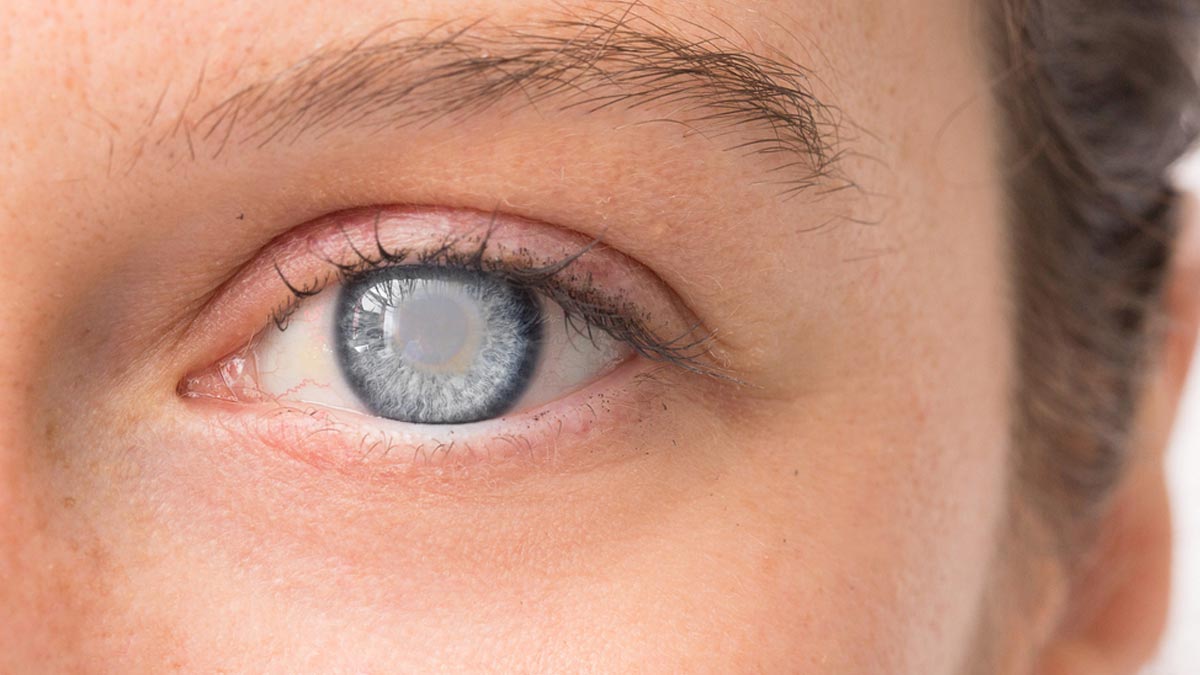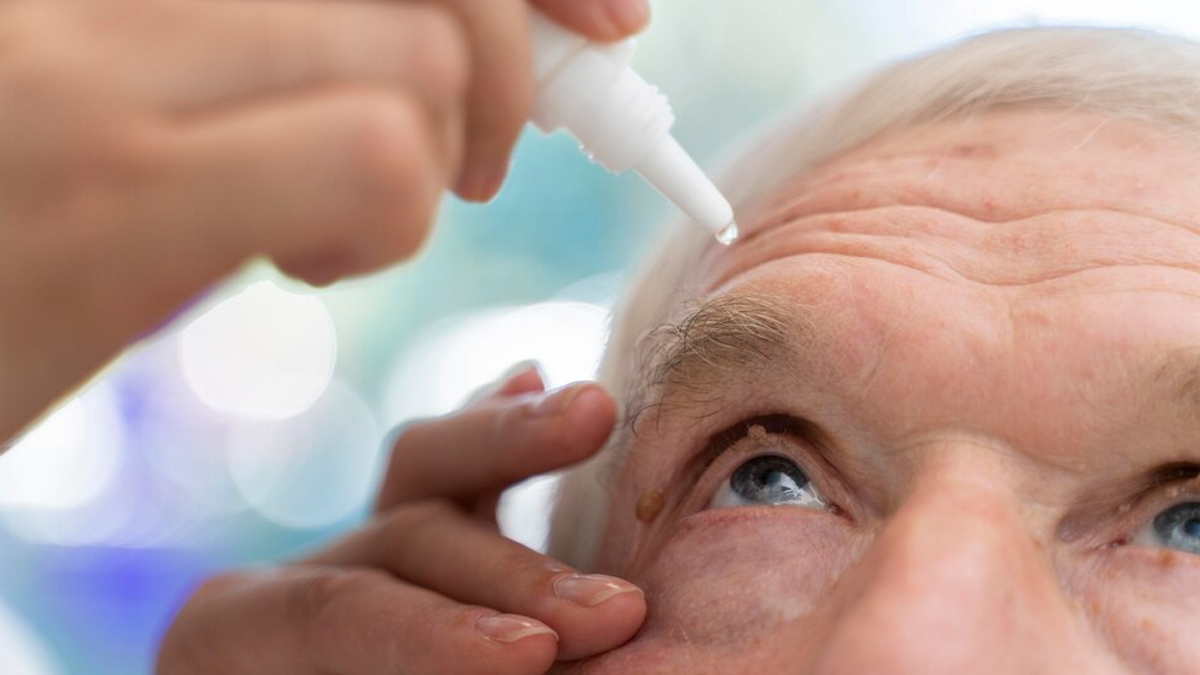
Have you heard about an eye condition that can lead to irreversible vision loss if not treated on time? Glaucoma is a group of eye diseases that can lead to vision loss and blindness through damage to a nerve in the back of the eye. Both eye drops and laser surgery are used for the treatment of this eye condition. The choice between eye drops and laser treatment for glaucoma depends on several factors, including the type and severity of this condition, the patient's age and overall health, and their preferences.
Table of Content:-
We spoke to our expert Dr Manish Shah, Head - Clinical Services, Chowpatty, Mumbai, who explained choosing the right treatment for glaucoma.

According to a 2019 study, glaucoma is a progressive and complex disease marked by optic nerve damage and gradual vision deterioration. If left untreated, it can result in blindness, posing a significant risk to visual health. Glaucoma accounts for a considerable portion of visual impairment, contributing to falls, road accidents, loss of independence, and approximately 12% of registered cases of blindness.
Glaucoma is not a single clinical condition but includes different clinical entities. The most common are Primary Open Angle Glaucoma (POAG) and Primary Angle Closure Glaucoma (PACG). Eye drops are commonly used in both conditions. They are often the first line of treatment as they are non-invasive and easy to administer.
Also Read: Diagnosed With Glaucoma? Expert Lists Precautions You Should Take To Preserve Your Vision
Laser-surgery
Primary Angle Closure Glaucoma (PACG)
Dr Shah said, “In Primary Angle-Closure Glaucoma (PACG), a Laser Iridotomy is typically performed at an early stage of the disease and is most effective during this period. The procedure is designed to alleviate the bulging of the iris, which is caused by fluid accumulation behind it. Since eye drops are unable to resolve this problem, Laser Iridotomy is often the only option in such cases.”
According to the Glaucoma Research Foundation, the eye is numbed to minimise discomfort in laser surgery. The ophthalmologist then applies a specialised lens to the eye. A laser beam is directed into the eye, accompanied by a bright light resembling a camera flash.
Primary Open Angle Glaucoma (POAG)
Selective Laser Trabeculoplasty (SLT) is another frequently performed technique used in POAG. According to a 2019 study, SLT effectively lowers intraocular pressure by enhancing the drainage of the aqueous humour through the trabecular meshwork. This outpatient laser procedure is painless, requires minimal recovery time, and boasts a favourable safety profile.

Advantages of Laser Trabeculoplasty Over Eye Drops
- Consistent Pressure Reduction: Laser trabeculoplasty results in more stable pressure levels compared to eye drops, reducing the risk of pressure fluctuations.
- No Fixed Instillation Schedule: Patients undergoing laser treatment do not need to adhere to strict drop instillation schedules.
- Avoidance of Side Effects: Eye drops may lead to side effects, which can be avoided with laser treatment.
Also Read: Glaucoma And Blindness: Expert Debunks 5 Myths About Glaucoma
Limitations of Laser Trabeculoplasty
Despite its advantages, laser trabeculoplasty has limitations. Dr Shah listed some of them as follows:
- One-Time Cost: Laser treatment incurs a one-time cost, but it may need to be repeated every 12-18 months.
- Possible Need for Additional Treatment: In cases where laser treatment alone is insufficient, additional eye drops may still be required.
Choosing Between Eye Drops and Laser Surgery
The choice between eye drops and laser surgery depends on individual patient factors. Here's what you should consider while choosing between eye drops and laser surgery, as listed by Dr Shah:
- Preference and Tolerance: Patients who struggle with adhering to eye drop regimens or experience side effects may benefit from laser surgery.
- Effectiveness: Eye drops remain a preferred option if they are well-tolerated and provide sufficient pressure reduction.
[Disclaimer: This article contains information provided by an expert and is for informational purposes only. Hence, we advise you to consult your ophthalmologist if you are dealing with any eye conditions to get the necessary treatment.]
Also watch this video
How we keep this article up to date:
We work with experts and keep a close eye on the latest in health and wellness. Whenever there is a new research or helpful information, we update our articles with accurate and useful advice.
Current Version
